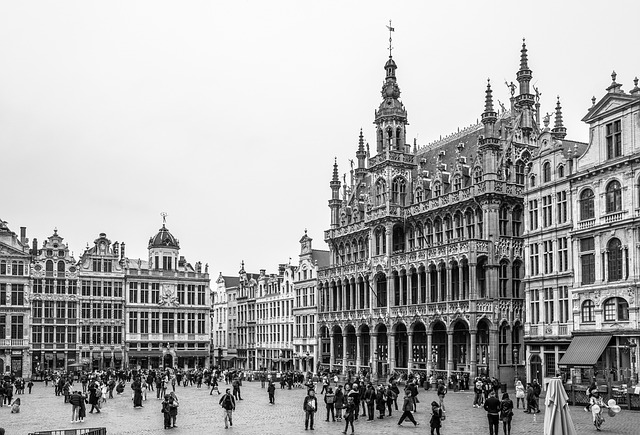Tipu Sultan Road, a historical artery in Karachi, has witnessed the city's transformation from a small coastal village into a bustling metropolis. Despite recent enhancements like improved maintenance and infrastructure, it faces congestion, poor road conditions, and inadequate signage, hindering traffic flow and posing safety risks. Local authorities are planning to upgrade major thoroughfares like Tipu Sultan Road through widenings, better lighting, smart traffic management systems, and other modern amenities, aiming to relieve congestion, enhance connectivity, and improve the urban experience in Pakistan's economic hub, Karachi.
Tipu Sultan Road, a historic artery in Karachi, has witnessed the city’s evolution. This article explores the road’s journey from its past as a vital trade route to its present status as a bustling urban thoroughfare. We delve into the current state of the road network, highlighting maintenance challenges and their impact on traffic flow and safety. Additionally, we examine future development plans that aim to transform Karachi’s infrastructure, focusing on how these initiatives could enhance Tipu Sultan Road and the greater metropolitan area.
- Historical Background of Tipu Sultan Road in Karachi
- Current State and Maintenance of the Road Network
- Challenges and Impacts on Traffic Flow and Safety
- Future Development Plans and Their Implications for Karachi's Infrastructure
Historical Background of Tipu Sultan Road in Karachi
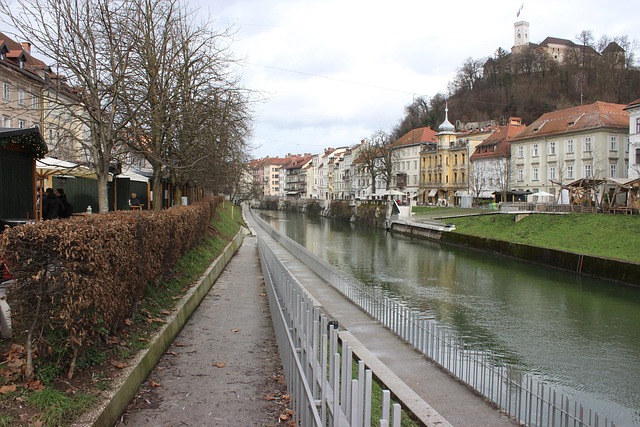
Tipu Sultan Road, a significant thoroughfare in Karachi, Pakistan, is named after Tipu Sultan, a legendary figure from the region’s history. This road has witnessed the city’s evolution over centuries and serves as a vital link between its past and present. Historically, Karachi, once a small coastal village, transformed into a bustling metropolis under British colonial rule. The construction of Tipu Sultan Road was part of this urban development, designed to facilitate transportation and connect various neighborhoods.
The road bears the name of Tipu Sultan, a 18th-century ruler known for his military prowess and unique blend of cultural influences from India and the Middle East. His reign left an indelible mark on the region, and naming this important Karachi road after him pays homage to that rich historical legacy. Over time, Tipu Sultan Road has become not just a route but a symbol, weaving together the city’s historical tapestry and its aspirations for a modern, connected future.
Current State and Maintenance of the Road Network
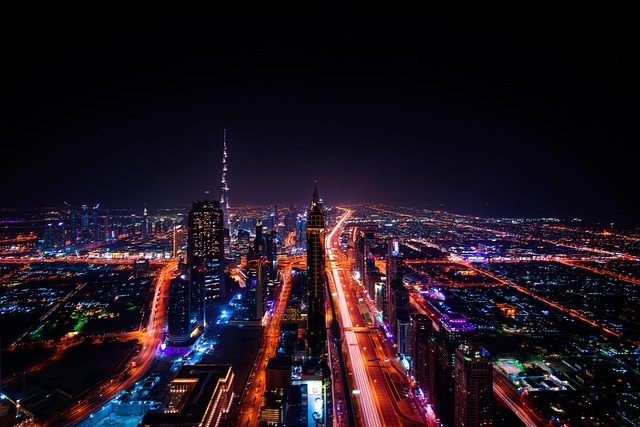
The road network in Karachi, including Tipu Sultan Road, has undergone significant transformations over the years, reflecting the city’s rapid growth and development. Currently, the road is well-paved with a smooth surface, making it convenient for daily commuters and commercial traffic alike. The maintenance of this vital artery is consistently maintained by the local authorities, who regularly inspect and repair any damage or potholes to ensure optimal safety and efficiency.
Regular cleaning, marking, and lighting enhancements contribute to an overall improved driving experience. Additionally, efforts have been made to incorporate modern infrastructure like dedicated bike lanes, further promoting sustainable transportation options within the city. These initiatives not only enhance road conditions but also align with Karachi’s evolving urban landscape, prioritizing both convenience and environmental sustainability.
Challenges and Impacts on Traffic Flow and Safety
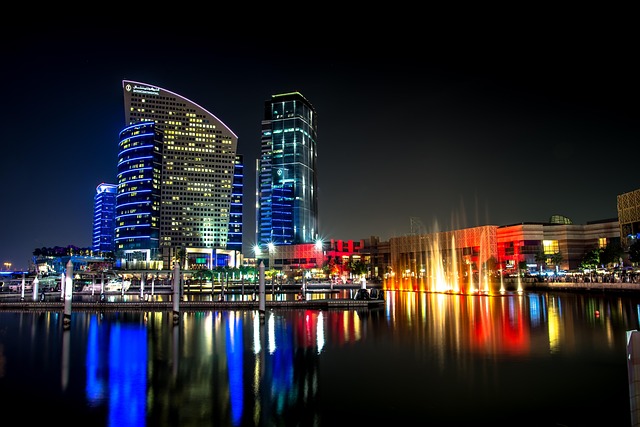
The Tipu Sultan Road in Karachi, while a vital artery connecting different parts of the metropolis, faces several challenges that significantly impact traffic flow and safety. One of the primary issues is heavy congestion during peak hours due to increasing vehicle ownership and inadequate infrastructure. The narrow road sections and limited access points contribute to slow movement, causing frustration among commuters and potentially leading to accidents.
Moreover, poor road maintenance and lack of proper signage pose additional risks. Potholes and uneven surfaces not only damage vehicles but also make driving conditions hazardous, especially during adverse weather. The absence of clear markings and traffic signals further complicates navigation, increasing the likelihood of collisions and making it difficult for drivers to maintain safe distances. These challenges necessitate immediate attention from local authorities to improve road conditions and implement effective traffic management strategies for smoother travel and enhanced safety on Tipu Sultan Road.
Future Development Plans and Their Implications for Karachi's Infrastructure
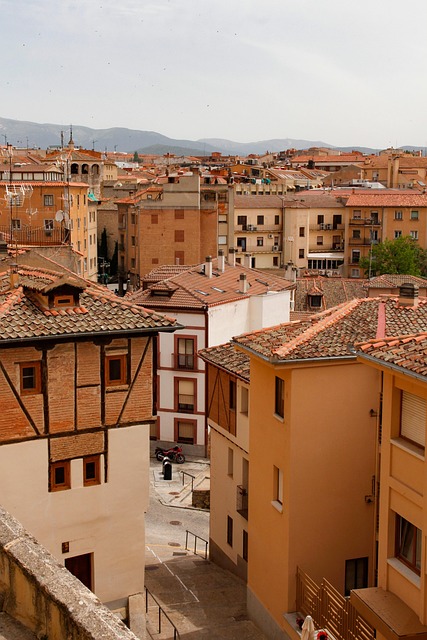
Karachi, as Pakistan’s economic powerhouse, is constantly evolving, and its infrastructure plays a pivotal role in this growth. Future development plans for the city, particularly focusing on major thoroughfares like Tipu Sultan Road, aim to enhance connectivity and reduce congestion. These projects involve widening existing roads, improving lighting, and integrating smart traffic management systems. The implications are significant; better road conditions will not only facilitate smoother transportation but also boost the overall urban experience for residents and visitors alike.
The development of Tipu Sultan Road is part of a broader strategy to modernize Karachi’s infrastructure, ensuring it keeps pace with the city’s increasing population and economic demands. Such initiatives have the potential to attract investments, stimulate local business growth, and enhance the quality of life in one of South Asia’s most vibrant metropolitan areas.
Tipu Sultan Road, a historic thoroughfare in Karachi, has witnessed significant changes over time. While its current state showcases efforts in maintenance, challenges like traffic congestion and safety concerns remain. Future development plans promise transformative improvements to Karachi’s infrastructure, but they must address these immediate issues to ensure seamless and secure travel for all road users. By prioritizing comprehensive solutions, the city can unlock the full potential of this vital road network, enhancing connectivity and fostering the growth of Karachi.
